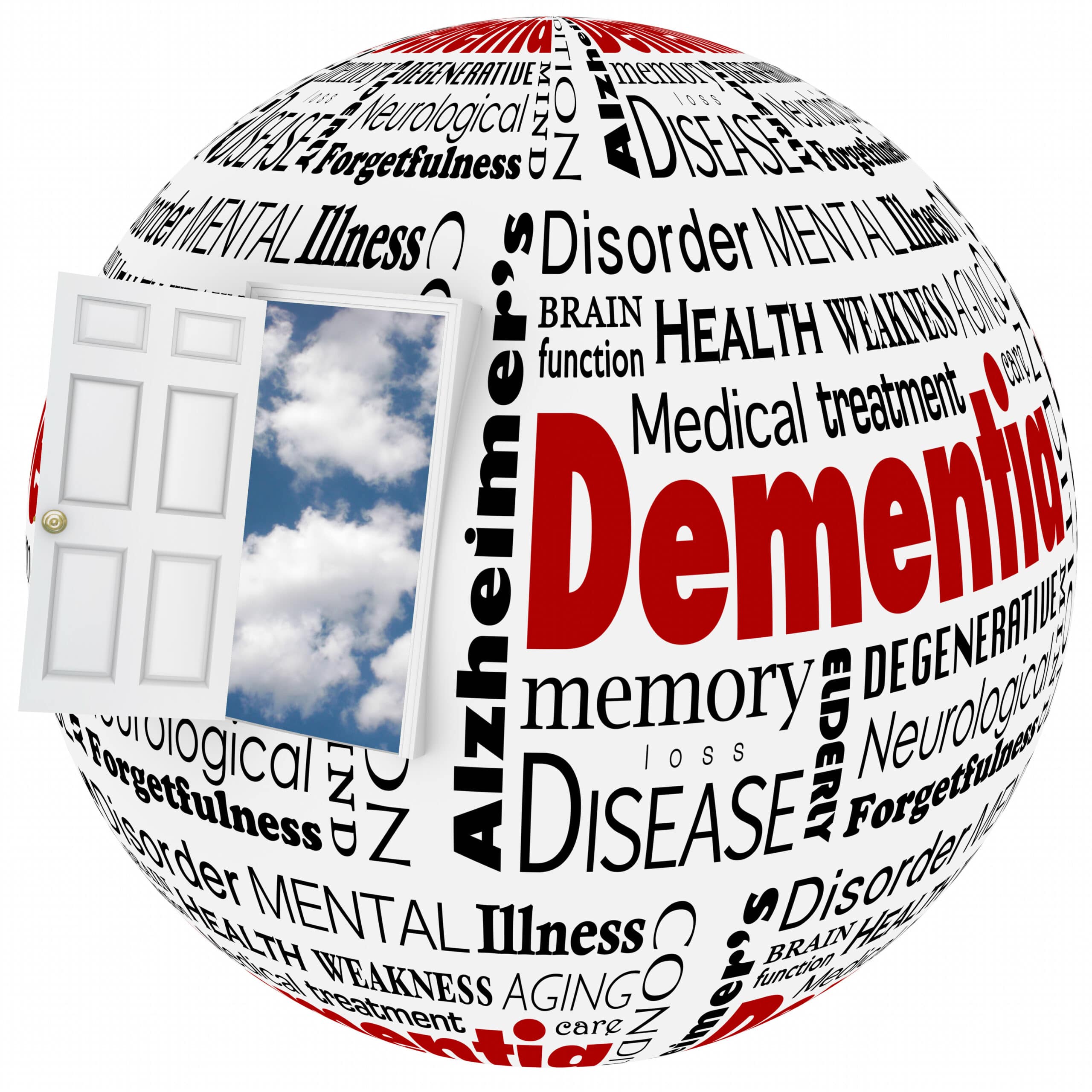“Dementia risk scores might be useful to help identify people at higher risk of dementia earlier, so that potential lifestyle factors can be addressed earlier and monitored more closely,” said study author Sebastian Köhler Ph.D., of Maastricht University, the Netherlands. “Our study found that a substantial proportion of brain changes might be attributable to risk factors that can be modified.”
The study involved 4,164 people with an average age of 59. All participants took a test called the “Lifestyle for Brain Health” (LIBRA). The total score reflects a person’s potential for developing dementia. This study took into account 11 out of 12 lifestyle factors on the test, including high blood pressure, heart disease, smoking, diet and physical activity. Higher scores reflect higher dementia risk, with scores ranging from -2.7 to +12.7. Overall, the study group had an average score of 1.19. Researchers divided the participants into three groups: those with low risk of dementia, with an average score of -1.47, those with medium risk, with an average score of 1.20, and those with high risk, with an average score of 4.6.
Participants in the study took tests of memory and other thinking skills, such as information processing speed, executive function and attention. Researchers also looked at brain scans for signs of cerebral small vessel disease, which are signs of vascular brain damage often seen in patients who have dementia. They also looked for changes in volumes of white matter and gray matter.
Researchers found that people who were in the high-risk group on the LIBRA test, indicating a less brain-healthy lifestyle, had higher volumes of brain lesions, 1.27 ml compared to 0.48 ml for those in the lowest risk group. The high-risk group also had lower scores on two tests of thinking: information processing speed and executive function and attention.
Only in men, however, did researchers find associations between higher scores on the LIBRA test and lower volumes of grey matter, as well as lower scores on tests of memory.
“More research is needed to confirm these findings and determine why there were differences between men and women,” Köhler said. “It’s exciting that a simple test score may indeed be an index of brain health. We need to learn whether people can improve their scores by making changes in their diet, increasing physical activity or limiting alcohol to low-to-moderate use.”
The study does not prove that lifestyle test scores predict dementia, it only shows an association.
The study was supported by the European Regional Development Fund, the Province of Limburg, the Dutch Ministry of Economic Affairs and Climate Policy, the Weijerhorst Foundation, the Pearl String Diabetes Initiative, Maastricht University, the Annadal Foundation and Health Foundation Limburg, all in the Netherlands.




